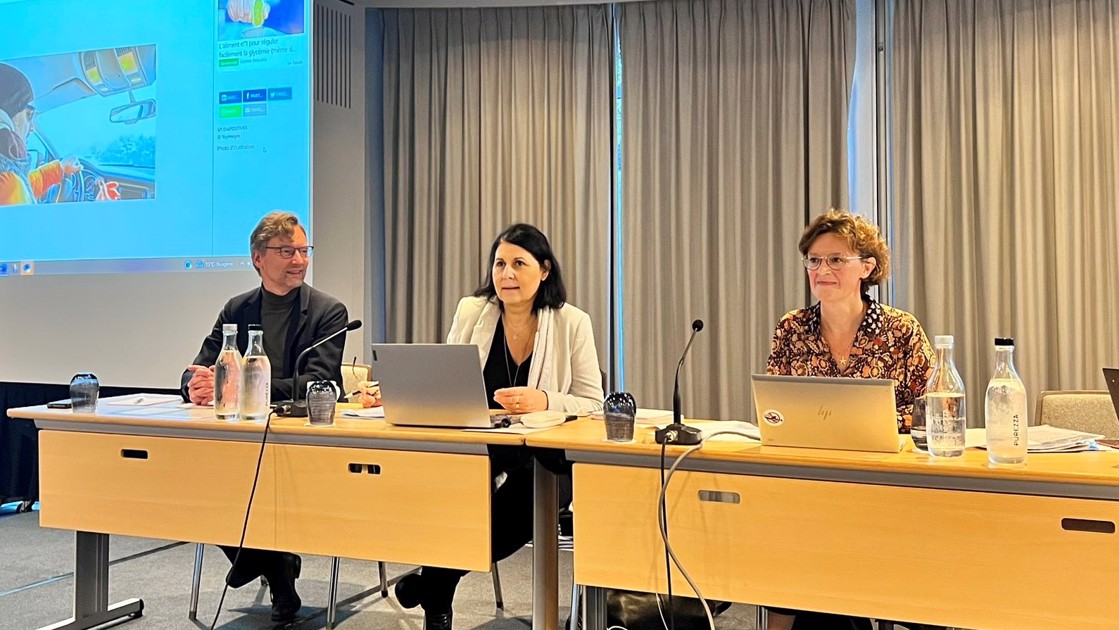As social partners, we will continue our work, but cooperation with all stakeholders, including public authorities and VET providers, is essential for ensuring successful job-to-job transitions in the transforming industries.
On 18 October 2022, industriAll Europe and Ceemet (European Tech & Industry Employers), organised a workshop in the context of their sectoral social dialogue activities, to discuss the Fair Green Transition. Frank Siebern-Thomas, Head of Fair, Green, and Digital Transitions, Research Unit at DG EMPL of the European Commission, introduced the workshop.
The MET industries are currently facing many different crises, ranging from the energy crisis to the lack of raw materials, which are now accelerating the two major transitions that have been ongoing for a few years: the green and the digital transformations. Millions of European MET jobs are undergoing a transformation process, in particular in the automotive industry. Only with the rightly skilled workforce, will the MET industries be in capacity to manage a smooth transition towards a green economy.
During the workshop, the European social partners of the MET industries described experiences taking place on the ground at national, sectoral and local level, demonstrating how workers and employers are assuming their responsibilities for the green and digital transitions and making them happen.
Ahead of the 2023 European Year of Skills, the event focused on upskilling and reskilling measures that are implemented by social partners at national level through collective agreements or social dialogue initiatives. Among the examples were the latest Swedish agreements on training and job security, presented by the Swedish sectoral social partners. The workshop additionally focused on the importance of cooperation between all stakeholders in order to ensure successful job-to-job transitions in the context of the accelerated twin transition. A best-case example from Belgium was highlighted in order to show the positive impact of cooperation between employment agencies and the social partners putting in place fair structures to deal with the transition in the aerospace sector.
Commenting on the huge skills and labour shortage challenges exacerbated by the transitions, Delphine Rudelli, Director General of Ceemet, said:
“This workshop came at the right moment, as the MET industries are facing exceptional circumstances caused by the acceleration of the twin transitions. An active involvement of social partners is a critical element for the success of the green transition in the MET industries. By sharing their national experiences, social partners can inspire policy makers to find innovative solutions to design and implement upskilling, reskilling and job-to-job transition measures. It is essential to actively involve them in the development and implementation of initiatives taken to address the twin transitions.”
Isabelle Barthés, industriAll Europe’s Deputy General Secretary, said:
”Today’s workshop presented further evidence of the massive challenges that workers in our industries are facing in view of the twin transitions. Fortunately, the social partners are active on the ground to tackle them, but there is an urgent need for more resources and more exchanges to replicate good examples across Europe.
“As social partners, we will continue our work, but cooperation with all stakeholders, including public authorities and VET providers, is essential for ensuring successful job-to-job transitions in the transforming industries. IndustriAll Europe has demanded that the European Commission set up an online one-stop shop to access good examples in the form of an EU Observatory of Just Transition Practices. We hope to see this put in place very soon.“
